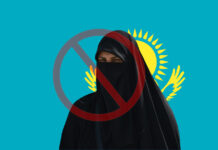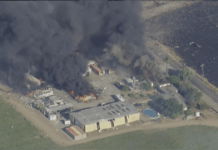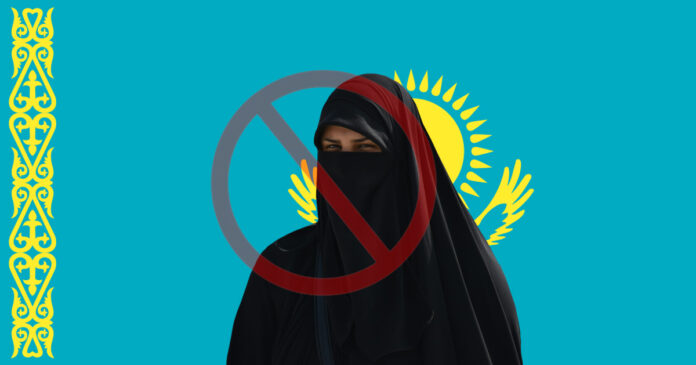Kazakhstan has implemented a new law banning face-covering clothing in public places, after President Kassym-Jomart Tokayev signed the legislation.
The law applies to all attire that obstructs a person’s face or makes identification difficult, according to the official statement. However, the law allows exceptions for medical, climatic, sporting, or cultural purposes.
While the law does not directly reference religion or use terms like “niqab” or “hijab,” many analysts believe the law is mainly aimed at banning the niqab, which is worn by some Muslim women and covers the face entirely.
Cultural Identity and Government Stance
President Tokayev has previously commented on the issue, saying citizens should avoid wearing “black face-covering garments.”
“Rather than wearing face-concealing black robes, it’s much better to wear clothes in the national style,” he was quoted by Kazakh media as saying earlier this year.
“Our national clothes vividly emphasise our ethnic identity, so we need to popularise them comprehensively.”
Police in Kyrgyzstan have conducted street patrols to enforce their ban on the face veil, according to local media reports.
In Uzbekistan, violating the niqab ban carries a fine of over $250.
Other countries such as Kyrgyzstan, Uzbekistan, and Tajikistan have already passed similar laws restricting Islamic dress in public settings.
These measures have been framed as part of efforts to promote national identity and maintain public security.
Stay tuned to Brandsynario for the latest news and updates.





































